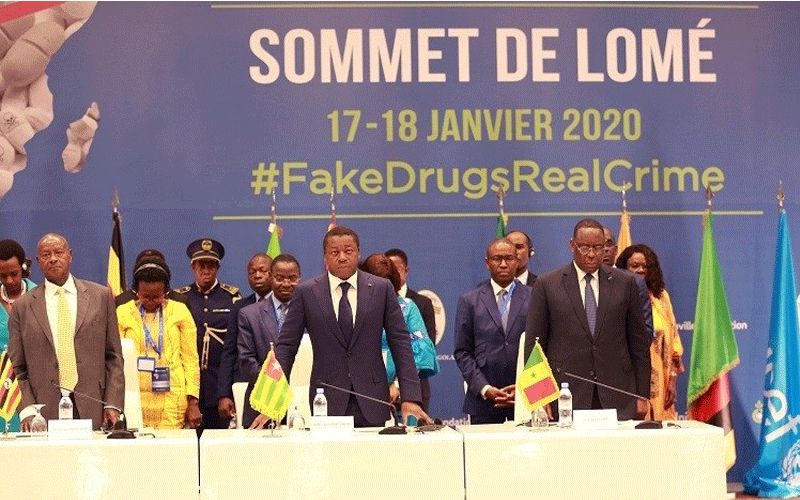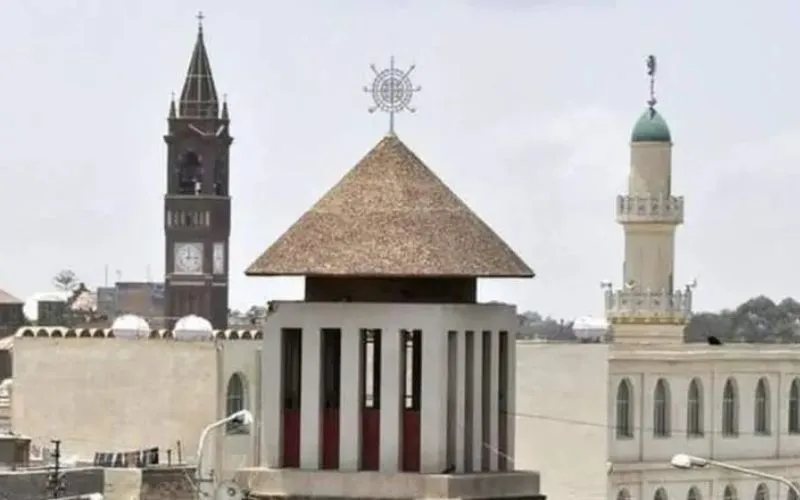Lome, 22 January, 2020 / 12:53 am (ACI Africa).
Some days after African leaders and stakeholders in the health industry met in Togo for a summit to counter the trafficking of fake drugs in the world’s second largest continent, an African missionary priest ministering in the West African country is of the opinion that for the initiative to succeed, reform of the health system in Africa is necessary.
At the end of the January 17-18 summit in Togo’s capital, Lomé, the Presidents of Congo, Ghana, Gambia, Niger, Senegal, Togo, and Uganda signed the Lome Initiative, a legally binding agreement committing the governments to enact laws criminalizing the trafficking of fake medicines.
According to Fr. Donald Zagore, “Trafficking of fake medicines is just the hidden side of a bigger problem: the failing health system in Africa.”
“We can continually organize expensive conferences of this kind, but if we do not tackle the essence of the problem, which remains fundamentally the real reform of African health systems, our conferences will always be unproductive,” Fr. Zagore has said in a reflection sent to ACI Africa Monday, January 20.
While appreciating the initiative by the African Presidents, the member of the Society of African Missions (SMA) has stressed the need for the leaders to set up efficient health systems.








